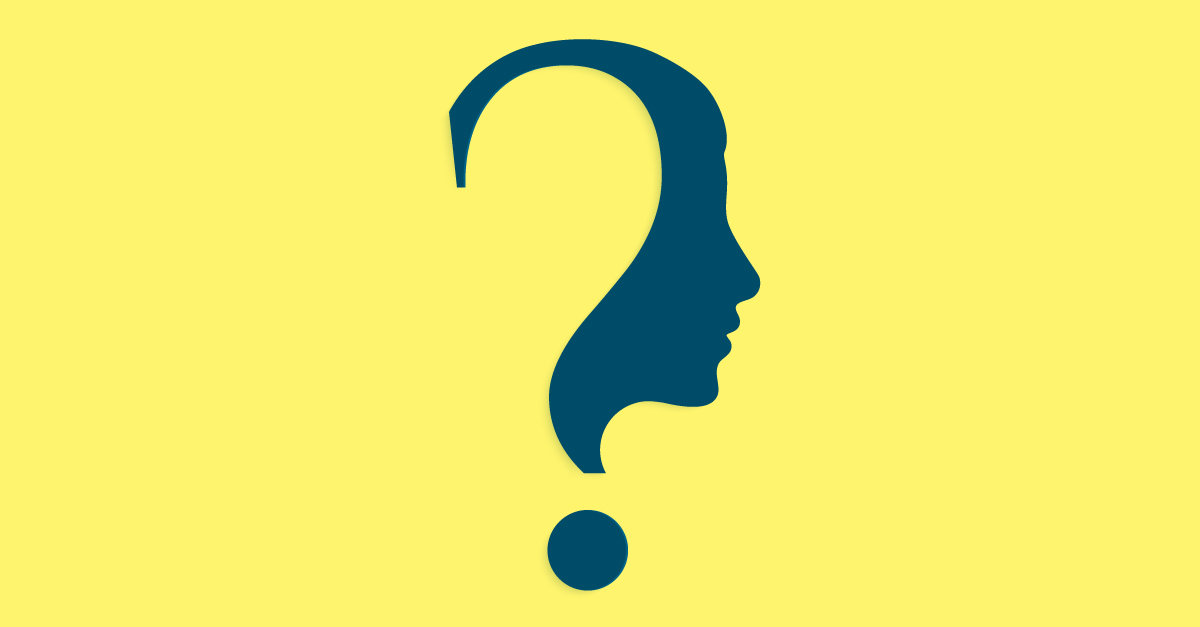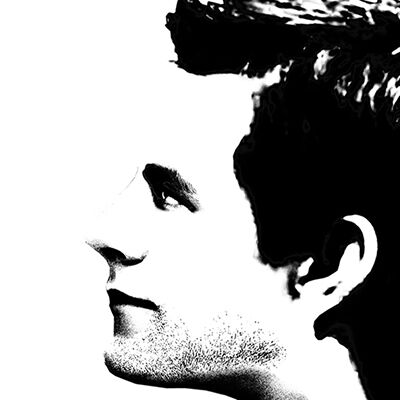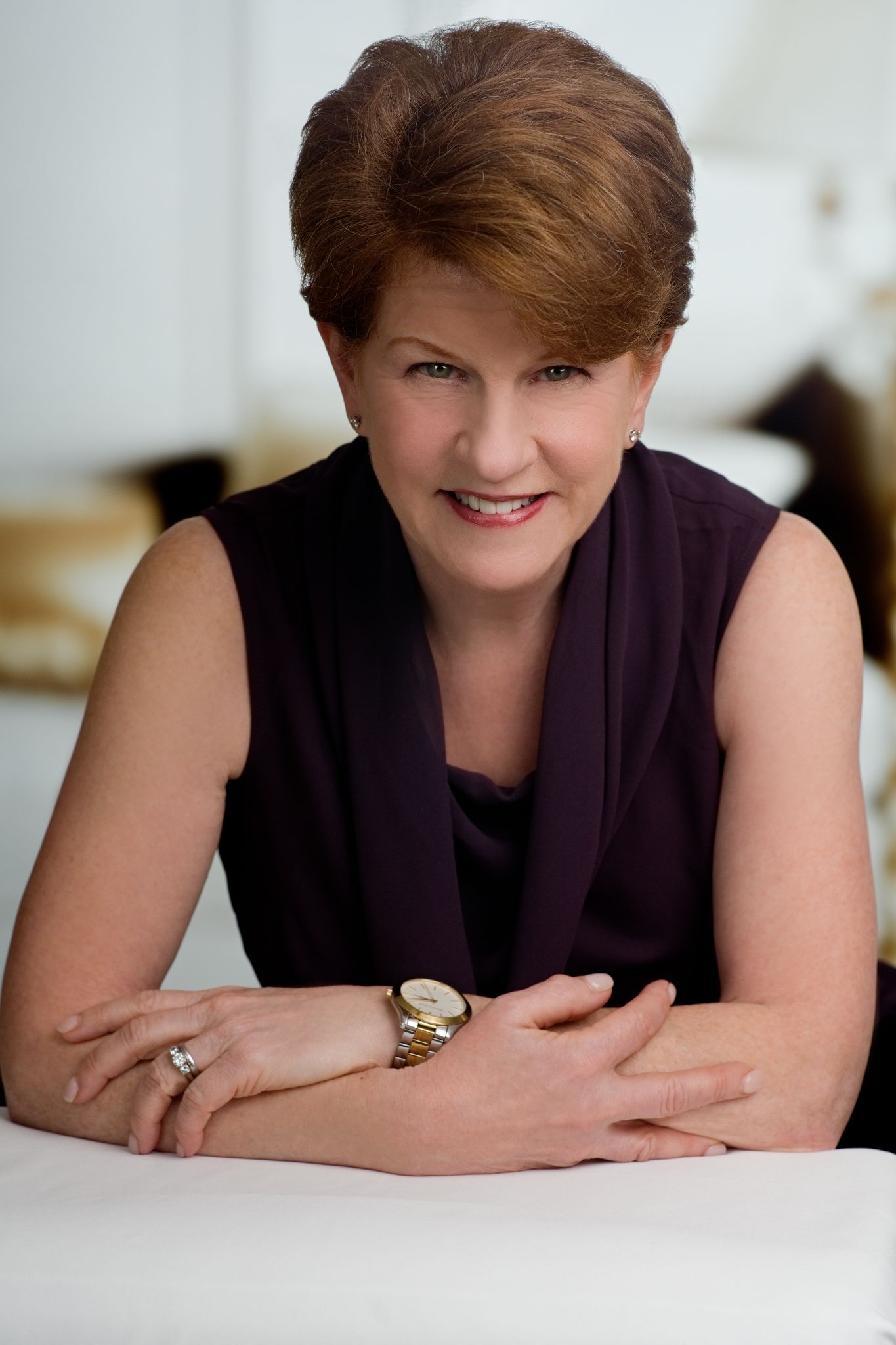

Effective communication is much more difficult than we think. The other day, I met a colleague for coffee to discuss a project she is passionate about. “Suzy” tried to convince me to join her mission, mistakenly assuming she communicated effectively. She didn’t. She was pushy, barely let me speak, was argumentative (in a lovely, Southern way), and did not read communication cues.
Worth the share
That interaction revealed that Suzy lacked curiosity. She was set on her mission, period.
This compelling article from Psychology Today, titled “Staying Curious Is the Most Dangerous Thing You Can Do,” is written by T. Alexander Piuuto, Ph.D., and shares several insights about the power of curiosity. Here are three worth considering.
- Our curiosity diminishes as we age. When I was about 5 years old, my parents gave me a book called “Tell Me Why”. I was an inquisitive child…but children are like that. Then, we get into a comfortable place and stop asking “why.” The author challenges us to do the opposite and ask “why” more often.
- Curiosity can be dangerous simply because it forces us to uncover things and dig in. An example given challenges us to ask “why” five times during a government planning meeting, and see what happens. “Why” is a favorite question for any curious person. It can get us in trouble and also uncover a more profound truth.
- Being curious has health benefits. Intellectual curiosity helps maintain cognitive functions and lowers the risk of dementia. Being a lifelong learner has its benefits.
Dr. Piuuto states, “The cost (of curiosity) is precisely why curiosity is rare, precious, and worth cultivating. A life stripped of it shrinks into routine; a life fed by it becomes, paradoxically, both longer and larger. So go forth and be curious, if only to ask why you ever stopped.”
To learn more, read Staying Curious Is the Most Dangerous Thing You Can Do:
Curiosity disrupts comfort, but fuels sharper minds and longer lives.

#wisewords

Listen with curiosity. Speak with honesty. Act with integrity. The greatest problem with communication is we don’t listen to understand. We listen to reply. When we listen with curiosity, we don’t listen with the intent to reply. We listen for what’s behind the words.”
– Roy T. Bennett, author of The Light in the Heart
And Finally...
Effective communication is difficult. It is intentional, thoughtful, and active. When two people engage in effective dialogue, it is powerful and offers the potential to transform their relationship and the issues they are working to resolve. My conversation with Suzy was not transformative. It was a waste of time and energy.
This is a framework I created for effective communication:
- Stop: You are running from a previous meeting or a challenging phone call. Stop. Collect your thoughts and pivot to what is next in your busy day. Breathe.
- Be Present: Take in the other person. Observe how they look, the color of their shirt, or the tone of their voice. Be fully present with them in that moment.
- Ask Questions: Open-ended questions provide more information. How much time do you have? What would you like to accomplish during the meeting? What else? Why?
- Listen: Truly listen. I often state that we are terrible listeners. Listen to learn, listen with curiosity, listen to understand. Be open.
- Value: Express your value and appreciation for the other person. They are unique and special. We all deserve to be seen, heard, and valued.
A few of my clients have said that the step they skip most often is the first step, they don’t stop between meetings or events, and their energy (good and bad) bleeds into the next meeting.


Wishing you and yours a playful, creative year,
Mary Jo
